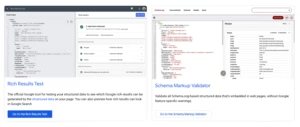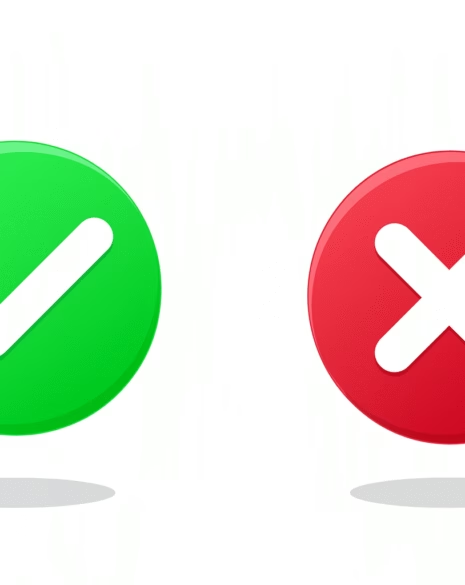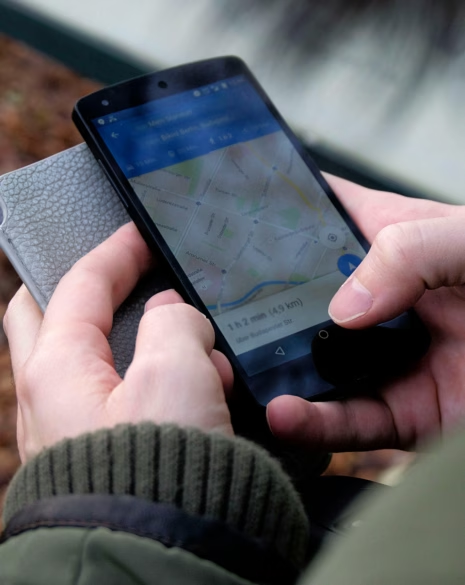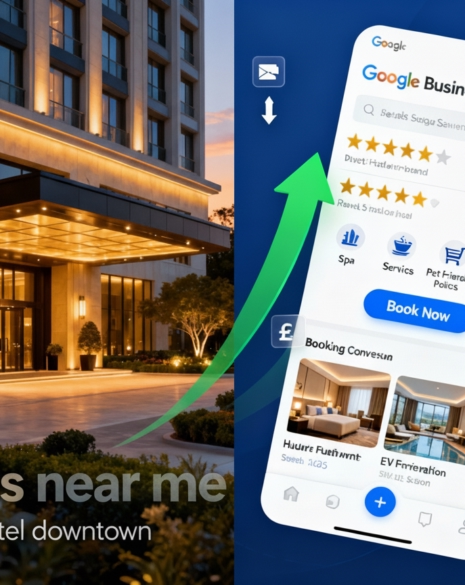Your hotel might be in the perfect spot, but if Google can’t see it, travellers won’t either. Location pages are one of the most overlooked yet powerful tools in hotel SEO. Done well, they not only boost visibility in local search but also act as direct booking engines. In this guide, we’ll explore why location pages matter, how to build them effectively, and how they translate into more direct revenue.
What Are Location Pages (and Why They Matter)?
A location page is a dedicated landing page for a property, city, or neighbourhood. Instead of sending all traffic to a generic homepage, hotels use these pages to target searches like “boutique hotel near Covent Garden” or “family hotel near Edinburgh Castle.”
For Google, location pages provide the context needed to match your property with highly specific, high-intent searches. For guests, they deliver the details that help them make a decision quickly.
How Location Pages Support Local SEO
Location pages strengthen your relevance in Google’s local ranking factors:
- Relevance: Content tailored to specific locations matches traveller queries.
- Prominence: Reviews and unique details build authority.
- Distance: Clear address details and maps make it easy for Google to connect you to the searcher’s intent.
Well-optimised location pages also help you capture “near me” and “near landmark” searches, positioning your hotel in front of travellers at the decision-making moment.
See Google’s structured data guidance here.
Anatomy of a High-Converting Location Page
A great location page blends SEO optimisation with conversion-focused design. Essential elements include:
- Optimised Headline: e.g., “Luxury Riverside Hotel in Central London.”
- Localised Description: Why stay here? Highlight nearby attractions, business hubs, or transport links.
- High-Quality Images & Maps: Showcase both your property and its setting.
- Schema Markup: Add Hotel, LocalBusiness, and FAQ schema.
- Clear CTA: Prominent “Book direct for best rates” buttons.
- Reviews & Social Proof: Reinforce trust with authentic guest feedback.
- Internal Links: Connect to your blog, guides, and main booking engine.
Common Mistakes with Hotel Location Pages
- Duplicate Content: Copy-pasting the same text across multiple pages.
- Thin Content: Bare-bones pages with little local detail.
- Lack of Conversion Focus: Informational pages without CTAs or booking pathways.
- No Schema Markup: Missing an opportunity to reinforce SEO signals.

Each of these mistakes limits your visibility and undermines the potential of your location pages.
From SEO to Direct Bookings
Strong location pages don’t just win rankings—they win bookings. By targeting high-intent, location-specific queries, you attract travellers who are ready to convert. For example, one regional hotel group built 10 unique location pages and saw direct bookings increase by 30% in under a year.
At Formula, we build location pages designed to rank and convert. By combining local SEO expertise with persuasive copywriting, we help hotels take control of their booking journey.
Conclusion
Location pages are more than a technical SEO exercise—they’re a direct line to revenue. Hotels that invest in well-structured, unique, and optimised location content gain visibility, build trust, and capture more bookings straight from Google.
Work with Formula to unlock the potential of your location pages. Explore our Ultimate Local SEO Checklist for Hotels.






